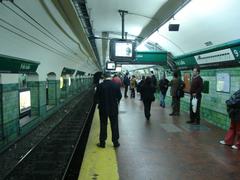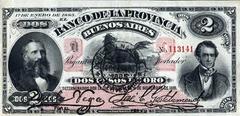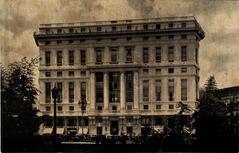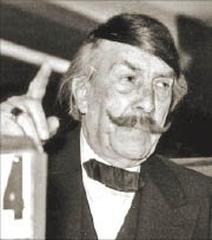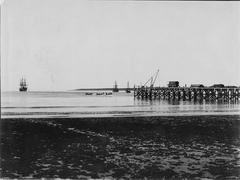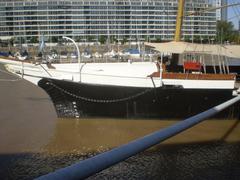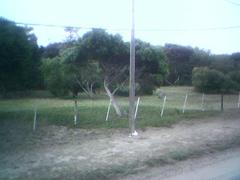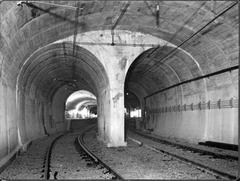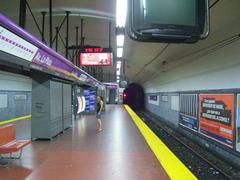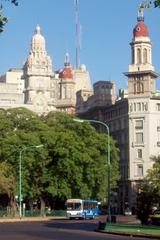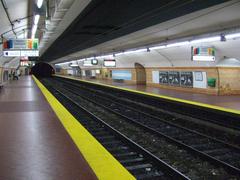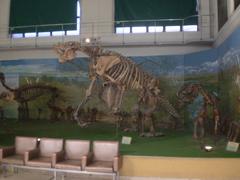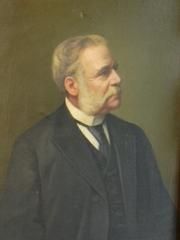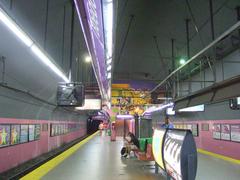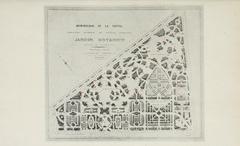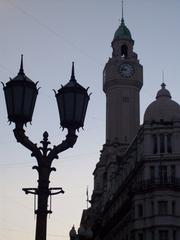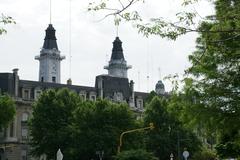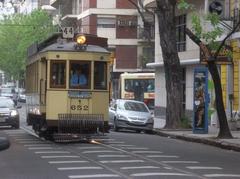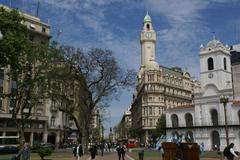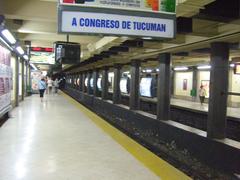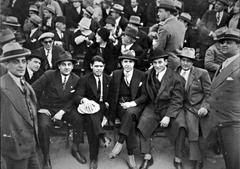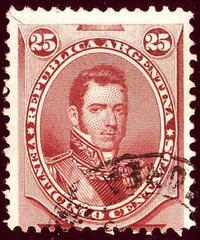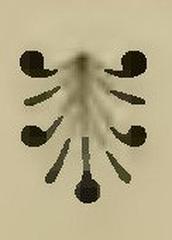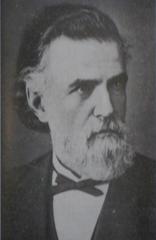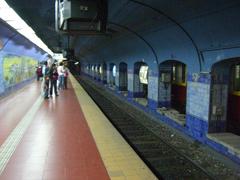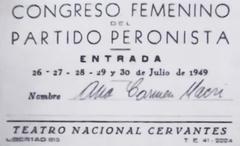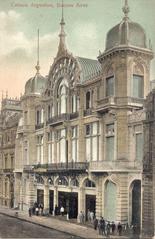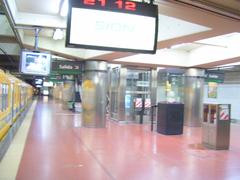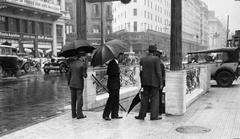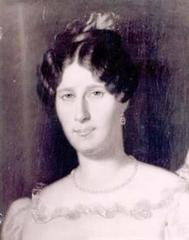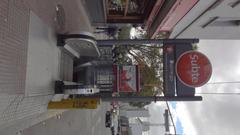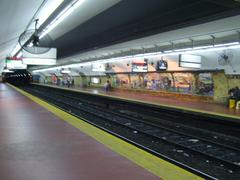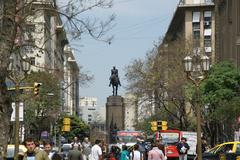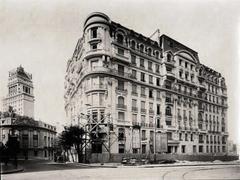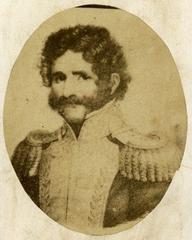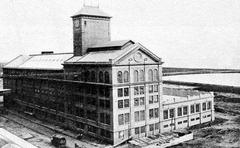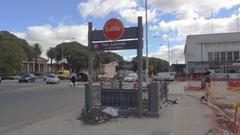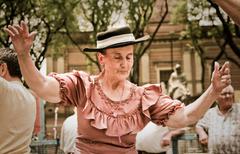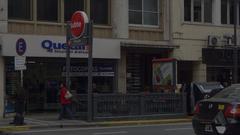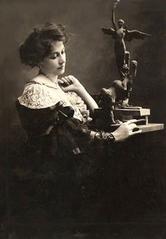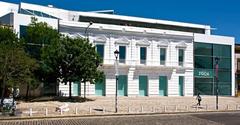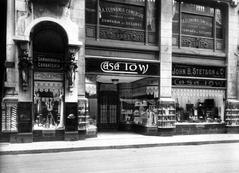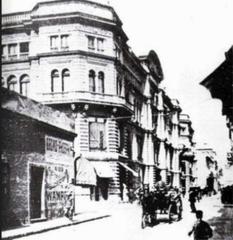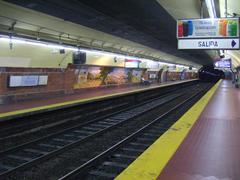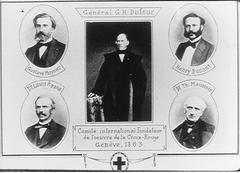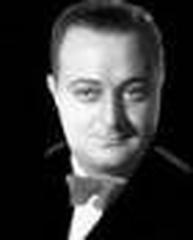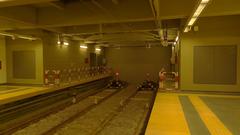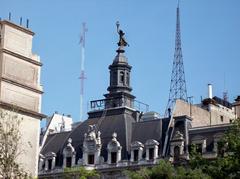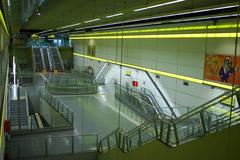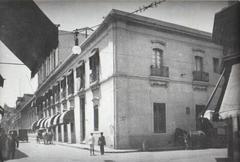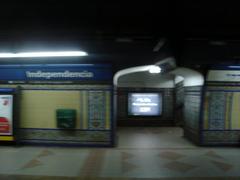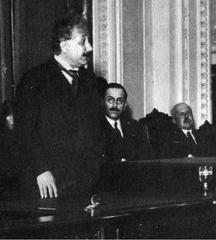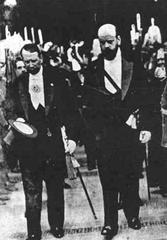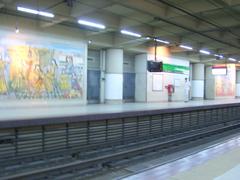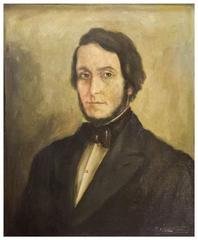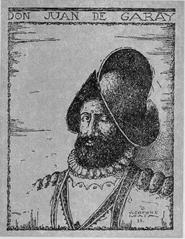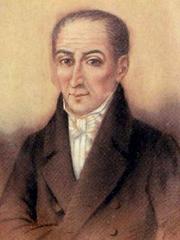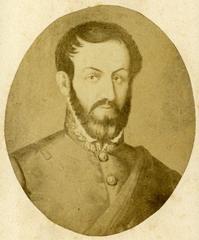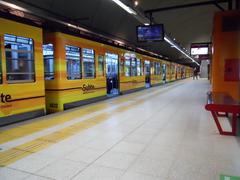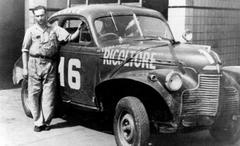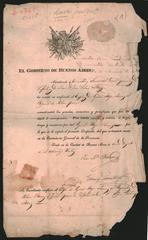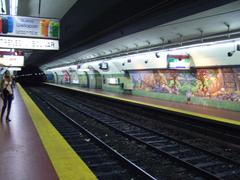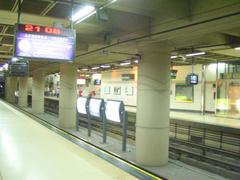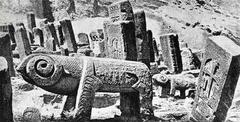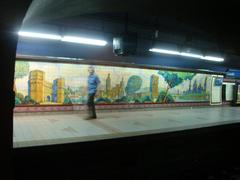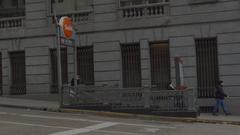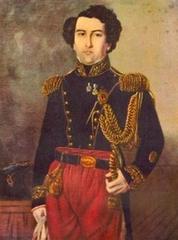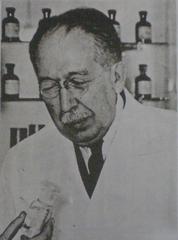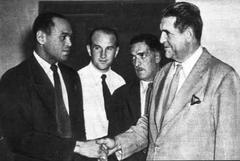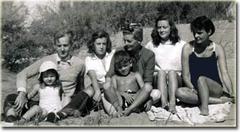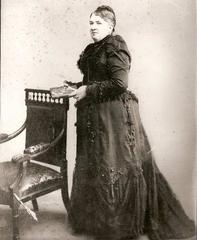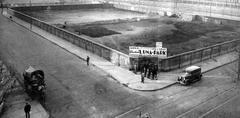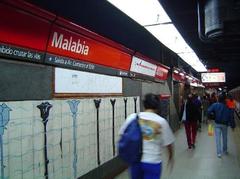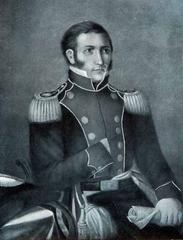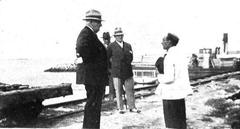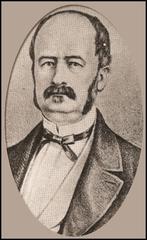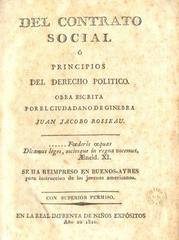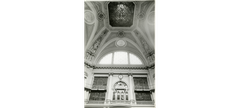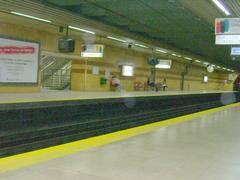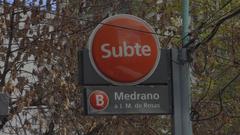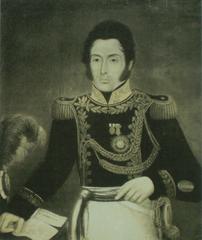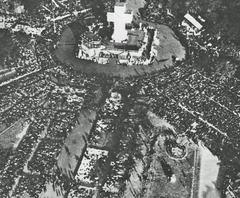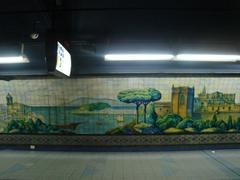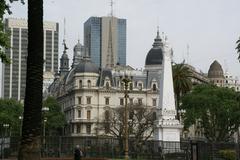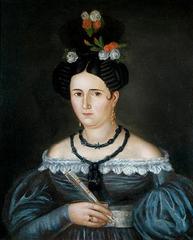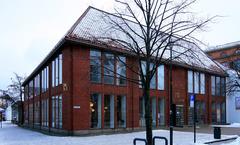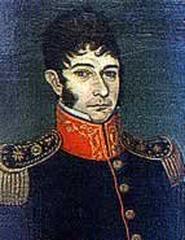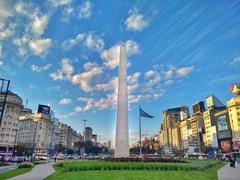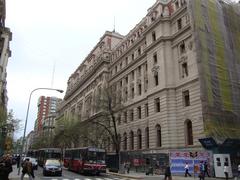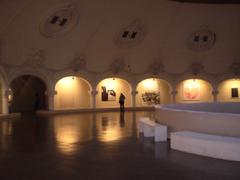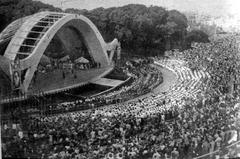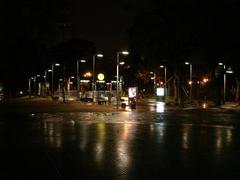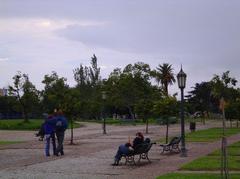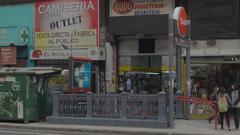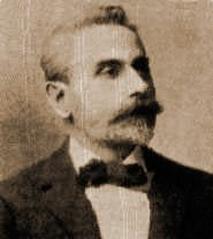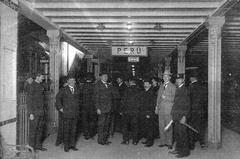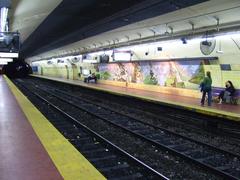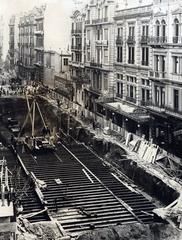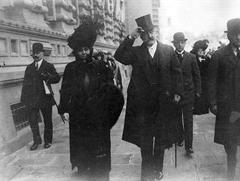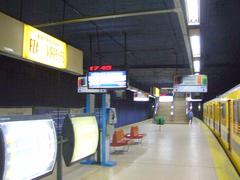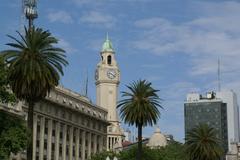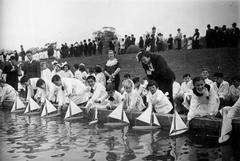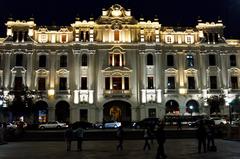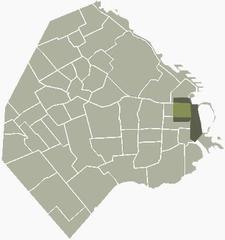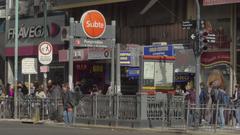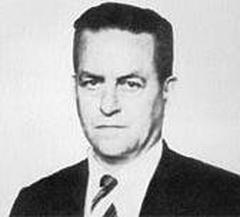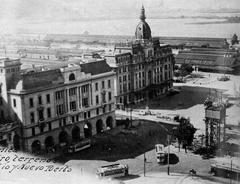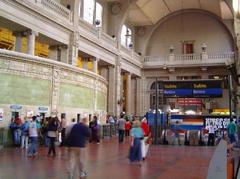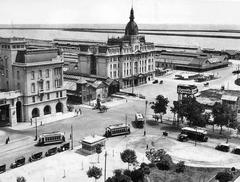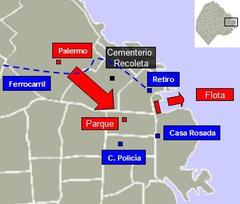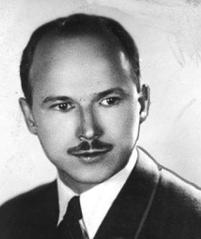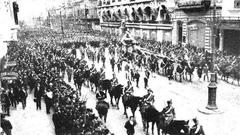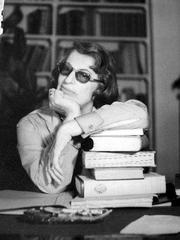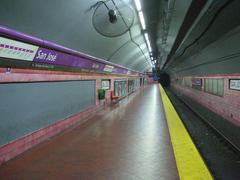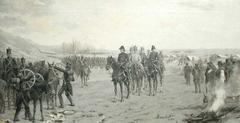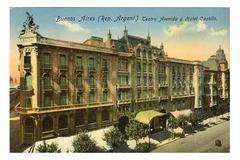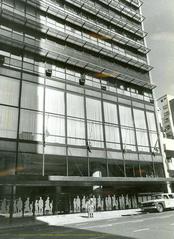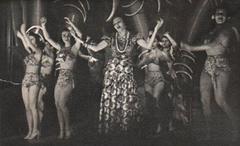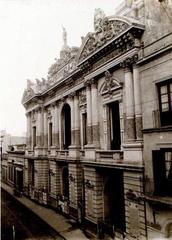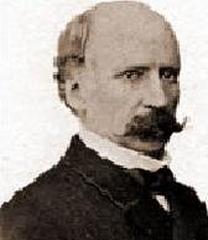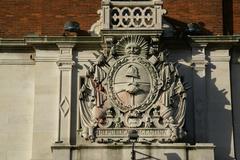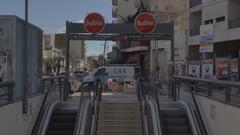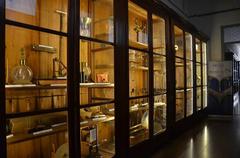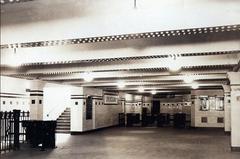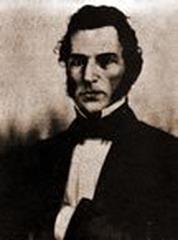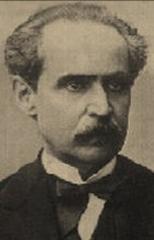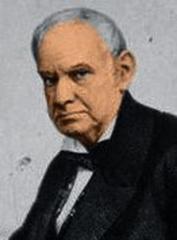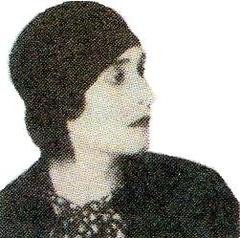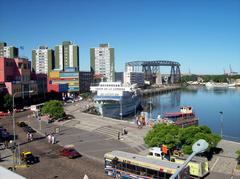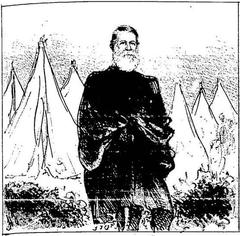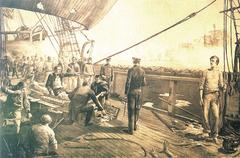Forensic Museum Of National Justice Dr. Juan Bautista Bafico
Forensic Museum Of National Justice Dr. Juan Bautista Bafico Buenos Aires: Visiting Hours, Tickets, and Complete Guide
Date: 03/07/2025
Introduction: History and Cultural Significance
The Forensic Museum of National Justice Dr. Juan Bautista Bafico, centrally located in Buenos Aires, Argentina, is an extraordinary institution dedicated to the convergence of forensic science, judicial history, and Argentine culture. Established in 1935 and originally part of the University of Buenos Aires Faculty of Medicine, the museum pays tribute to Dr. Juan Bautista Bafico—a trailblazer in Argentine forensic medicine who significantly advanced the discipline between 1927 and 1950 (Expreso Judicial).
As a component of the country’s Supreme Court of Justice, the museum houses nearly 2,500 anatomical specimens, forensic tools, and materials from the early and mid-20th century. These include human remains, historical autopsy instruments, radiographs, photographs, and plaster reproductions crafted by Italian artists. The institution stands as both a research and educational hub, offering insight into the evolution of criminal investigation, pathology, and forensic techniques (Telefe Noticias).
Table of Contents
- Origins and Historical Development
- Institutional Context and Governance
- The Collection: Key Highlights
- Visiting Information: Hours, Tickets, and Access
- Special Events and Guided Tours
- Nearby Attractions and Travel Tips
- Frequently Asked Questions (FAQ)
- International Recognition and Impact
- Permanent and Temporary Exhibitions
- Research and Educational Activities
- Digital and Virtual Resources
- Planning Your Visit: Essentials and Amenities
- References
Origins and Historical Development
Founded in 1935, the museum is housed in the former main lecture hall of the University of Buenos Aires Faculty of Medicine (Expreso Judicial). Its establishment coincided with the growing importance of forensic science in the Argentine legal system. Dr. Juan Bautista Bafico, director of the Judicial Morgue from 1927 to 1950, led the institution during a transformative period, and his legacy continues to influence the museum’s mission and collections.
Institutional Context and Governance
Operating under the Supreme Court of Justice, the museum is managed by a team of professionals including museologists and forensic experts. It is recognized for its rigorous preservation practices, public outreach, and collaborations with universities and legal institutions.
The Collection: Key Highlights
The museum’s extensive collection includes:
- Anatomical Specimens and Human Remains: Preserved remains from the 1930s and 1940s, many of which belonged to victims of accidents or crimes whose identities remain unknown.
- Forensic Instruments: Autopsy tools, anthropometric devices, and original fingerprint kits, some used by Dr. Bafico himself (Ministerio Público Fiscal).
- Case Documentation: Original police reports, radiographs, photographs, and artifacts from prominent Argentine criminal cases.
- Artistic and Scientific Displays: Plaster head reproductions by Italian sculptors, illuminating the intersection of art and forensic science.
Visiting Information: Hours, Tickets, and Access
- Visiting Hours: Monday to Friday, 9:00 AM to 3:00 PM, by appointment only (Mapcarta). Note: Hours may differ during public holidays or special events; always confirm in advance.
- Admission: Free, but prior booking is required.
- Booking: Reserve your visit by calling +54 11 4374-2035 or +54 11 4374-3939 (ext. 3872), or through the Centro de Información Judicial.
- Location: Junín 762, Buenos Aires. Easily accessible by public transportation, including Subte lines and several bus routes.
- Accessibility: The historic building is partially accessible; visitors with mobility needs should contact the museum in advance.
- Visitor Guidelines: Due to the sensitive and graphic nature of certain exhibits, the museum is not recommended for children or sensitive individuals.
Special Events and Guided Tours
The museum offers expert-led guided tours tailored to medical, law, and criminal justice students, as well as professionals and the general public. Workshops and lectures are regularly organized in partnership with universities and judicial bodies, deepening understanding of forensic science in practice.
Nearby Attractions and Travel Tips
- Nearby Sites: Facultad de Medicina, Plaza Houssay, Museo de la Deuda Externa, and other central Buenos Aires landmarks (Mapcarta).
- Travel Tips: Use public transport to avoid city traffic; Subte lines B and D stop nearby. Comfortable footwear is recommended for exploring both the museum and surrounding area (Short Girl On Tour).
- Best Visiting Seasons: Spring (October–November) and autumn (February–April) offer the most pleasant weather (Secrets of Buenos Aires).
Permanent and Temporary Exhibitions
Permanent Collection
- Historical Forensic Instruments: 19th- and 20th-century autopsy and laboratory tools.
- Notable Case Files: Evidence and documentation from landmark cases in Argentine forensic history.
- Didactic Panels and Multimedia: Explanations of forensic disciplines, interactive displays, and educational videos (UBA Facultad de Derecho).
Temporary Exhibitions
Rotating exhibits delve into contemporary topics such as digital forensics, DNA analysis, and the role of women in forensic science, often featuring guest lectures and workshops (UBA Eventos).
Research and Educational Activities
- Academic Collaborations: Partnerships with the University of Buenos Aires and the judicial system support forensic research and interdisciplinary projects (UBA Facultad de Derecho).
- Professional Training: Workshops, seminars, and certification courses on forensic methodology, evidence preservation, and courtroom testimony (Ministerio Público Fiscal).
- Public Outreach: School tours, family workshops, and citizen science initiatives demystify forensic practice and promote civic engagement (UBA Extensión).
Digital and Virtual Resources
- Virtual Tours and Online Exhibits: Explore key artifacts and forensic methods through digital resources available in Spanish and English (Museo Forense Virtual).
- Digital Archives: Access scanned case files, photographs, and publications via the museum’s searchable database (UBA Biblioteca Digital).
Planning Your Visit: Essentials and Amenities
- Amenities: Restrooms and a small gift shop are available; no café on site, but many dining options are nearby.
- Photography: Allowed in most areas without flash; some exhibits may have restrictions.
- Visitor Conduct: Due to the graphic nature of exhibits, visitors are asked to behave respectfully. Large bags and food/drink are not permitted in exhibition spaces.
Frequently Asked Questions (FAQ)
Q: What are the museum’s opening hours?
A: Monday to Friday, 9:00 AM to 3:00 PM, by appointment.
Q: Is admission free?
A: Yes, but visits must be scheduled in advance.
Q: Is the museum accessible?
A: Partially; visitors with mobility needs should inquire before visiting.
Q: Are guided tours available in English?
A: Yes, with prior arrangement.
Q: Can I take photographs?
A: Generally yes, but without flash and in permitted areas only.
International Recognition and Impact
The Forensic Museum is internationally acknowledged as a leader in forensic science education and research, attracting professionals, scholars, and students from around the world. Its unique collections and academic outreach have contributed to advancements in both forensic methodology and public understanding of the science behind justice (Telefe Noticias).
Conclusion
The Forensic Museum Of National Justice Dr. Juan Bautista Bafico is a must-visit destination for those interested in the intersection of science, history, and justice. Its meticulously curated collections, educational programs, and central Buenos Aires location make it a standout among the city’s cultural offerings. Plan your visit in advance, take part in a guided tour, and enrich your understanding of how forensic science shapes society.
For the most current information, consult the official museum website. For additional travel tips, download the Audiala app and follow museum updates on social media.
References
- El Museo Forense: un espacio reconocido a nivel mundial, 2024, Expreso Judicial (Expreso Judicial)
- El museo que expone restos humanos, 2024, Telefe Noticias (Telefe Noticias)
- Ministerio Público Fiscal, 2024 (Ministerio Público Fiscal)
- UBA Facultad de Derecho, 2024 (UBA Facultad de Derecho)
- Mapcarta, 2024 (Mapcarta)
- Short Girl On Tour (Short Girl On Tour)
- Secrets of Buenos Aires (Secrets of Buenos Aires)
- UBA Eventos (UBA Eventos)
- UBA Biblioteca Digital (UBA Biblioteca Digital)
- UBA Extensión (UBA Extensión)
- Museo Forense Virtual (Museo Forense Virtual)
